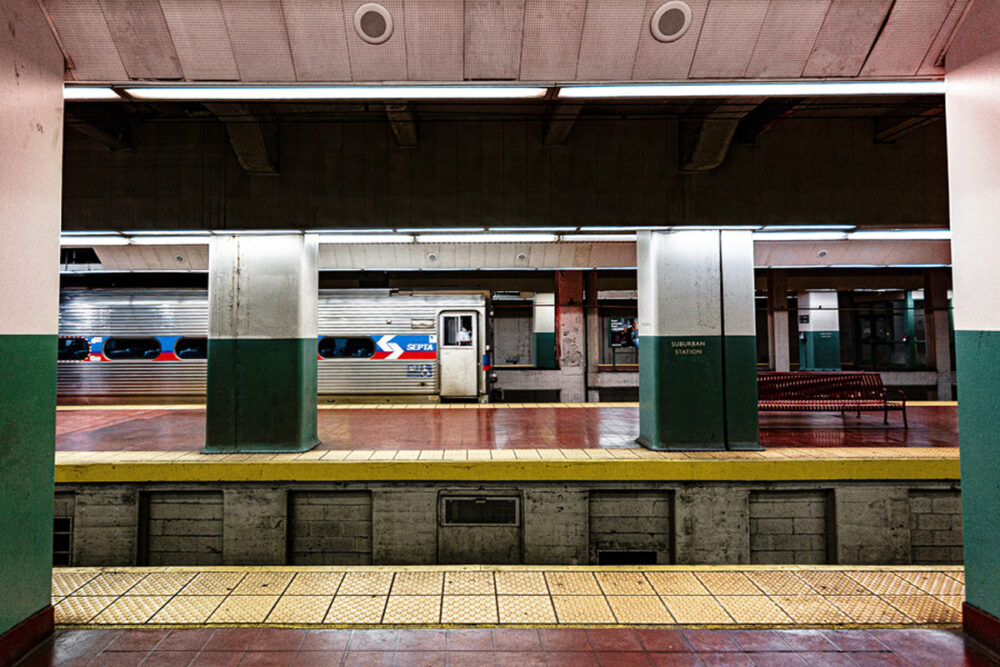
Eco-Explainer: SEPTA is in a Funding Crisis. What’s the deadline to save it?
The transit agency may look drastically different if Harrisburg doesn’t act. Here are the key dates & information you need to know.
SEPTA is facing an unprecedented budget deficit for Fiscal Year 2026.
July 1st: The transit agency needs to approve its budget in less than 50 days. If it does not receive help from the state, the $213 million operating budget shortage will force SEPTA to reduce service by 45% across the system and increase the standard ride fare from $2.50 to $2.90.
May 19 (aka today) at 11 AM: Public hearings on SEPTA’s budget begin.
What’s happening immediately and down the line
Public transit systems across the Commonwealth are facing severe cuts as the state struggles to make ends meet over its own budget deficit. Unlike the federal government, state governments do not typically have the resources nor legal ability to operate in a deficit. Hence, cuts must be made somewhere.
The Governor’s plan: At the time of publication, one transit bill – Governor Josh Shapiro’s plan for transit – awaits a third consideration at the state House of Representatives. If passed, HB 1364 may move to the Senate, go through committee, reach third consideration, and then finally be signed into law. The bill proposes moving a percentage of Pennsylvania sales tax to the Transportation Trust Fund every month, introducing a steady cash flow for public transit throughout the state without increasing taxes on citizens.
An alternative plan: The Rural Mass/Public Transit Resolution also awaits approval in the House. If passed, it would direct the Legislative Budget and Finance Committee to conduct a study and issue a report on the current status, management, and implementation of mass or public transit in Pennsylvania’s rural communities. Public transportation is available in all Pennsylvania counties, so this resolution would help define the state of transit outside of metropolitan areas like Philadelphia.
Andrew Busch, a spokesperson for SEPTA, said that the House bill would ultimately close the transit agency’s budget deficit for between three-to-five years. “It’s possible that that funding may work for a longer period of time,” said Busch, “if the pool of sales tax dollars does continue to increase.”
If the Governor’s plan does not pass, “we end up effectively starting to dismantle the system,” said Busch.
August 23, 2025: Service cuts will begin with no additional funding. 32 bus routes will be eliminated, 16 bus routes will be shortened, rail service will be cut (aka: less frequency), and special services like the sports express lines will end.
One month later: SEPTA will introduce a complete hiring freeze and increase fares by 21.5%.
January 2026: five regional rail lines will disappear, 18 more bus routes will be eliminated, and a 9:00 PM curfew will be in effect on all remaining rail services.
Busch estimates that SEPTA will lose about half of its riders in the first year and see steady decreases after. Loss of ridership equates to loss of revenue, leading to more parts of the system shutting down.
Save our SEPTA (SOS): How to participate in public hearings
Public hearings on SEPTA’s budget will begin today and last through the 21st. There is no set limit on the number of people who can testify. All hearings will also be available online.
Tell your SEPTA Story: SEPTA is accepting emailed and written testimony if received before May 28, and is encouraging the public to submit messages to state leadership. SEPTA will bring all public input to the state during the budget process.
SEPTA and all other transit agencies throughout the commonwealth have faced major deficits for years. Re-allocating federal highway funds and one-time COVID relief funds have worked in the short term, but advocates say a more substantial solution is needed.
Alex Milone, the Transit Committee Co-Chair at the urbanist political action committee 5th Square, is pushing for a “permanent” change. 5th Square is one of several members of the statewide transit coalition Transit for All PA. The coalition released a Statewide Transit Funding Solution that elected officials are now introducing to the state.
The Transit for All PA funding proposal consists of three main parts: increases to the existing Car Rental and Car Lease Taxes and the enactment of a statewide Ride-Hailing Excise Tax (otherwise known as Transportation Network Companies, or TNC). Both the Car Rental and Car Lease Tax prices were introduced and have not changed since the 1990s. The new ride-hailing tax, which Transit for All PA says “will not disproportionately burden already marginalized communities” due to the demographics of ride-share users, is reportedly a nominal fee.
“It would be a slight increase,” said Milone of the TNC tax. “This is a number so small that you would have to go digging through receipts to see the number.” Still, Milone says that the funding package would create a sustainable solution for SEPTA, which serves a region that contributes over 41% of Pennsylvania’s revenue.
As the state government tussles over solutions, Milone says to keep organizing at the grassroots level. “This is a very, very winnable fight. We already have the House. We already have the Governor; we just need a few members of the Senate, like Joe Picozzi [Northeast Philadelphia] and Frank Farry [Bucks County], on board. This can happen.”
Cover photo by Chris Henry






